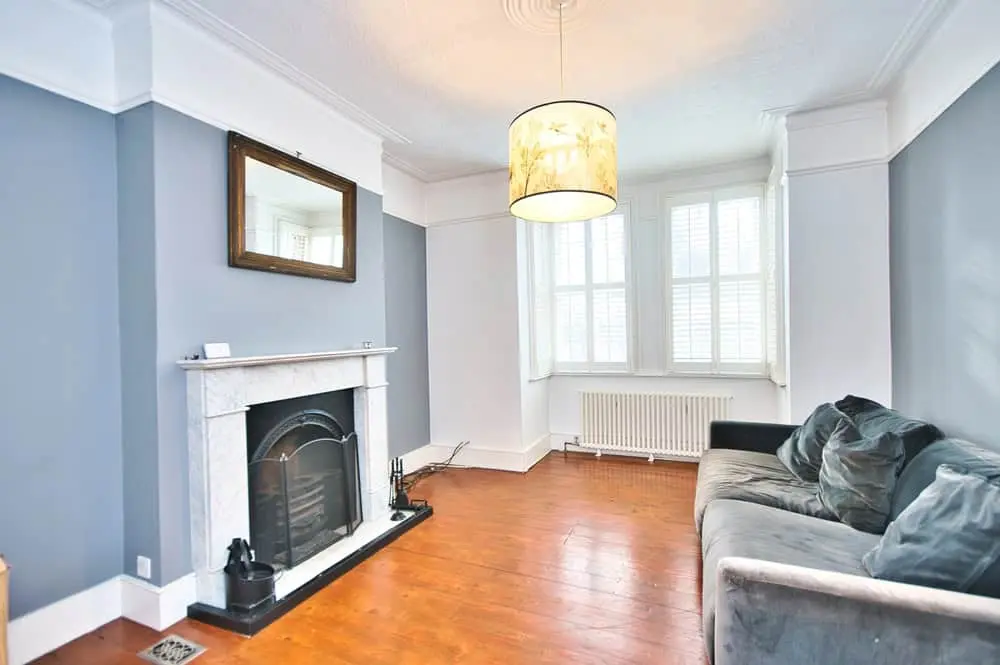
Educational Resources and Guides
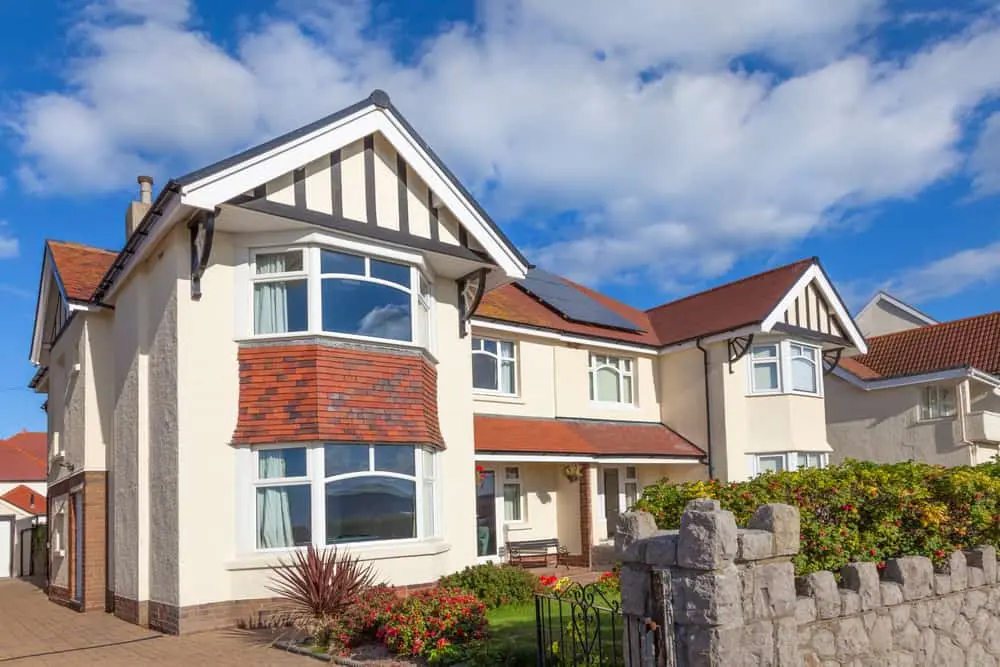
If you need to insure an empty house after the death of the owner, this guide will help you understand what is involved and how to get a quote.
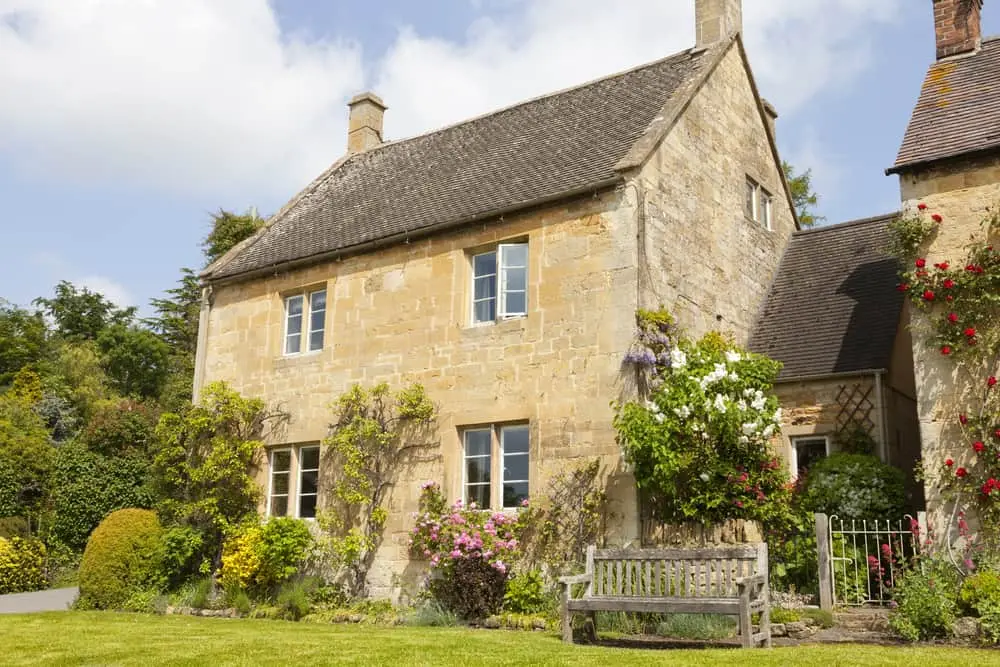
When you are obtaining home insurance, you will need to know the year the property was built. Rather than guessing (which could causes issues when you come to claim), why not learn how to find out when a house was built by reading this guide.
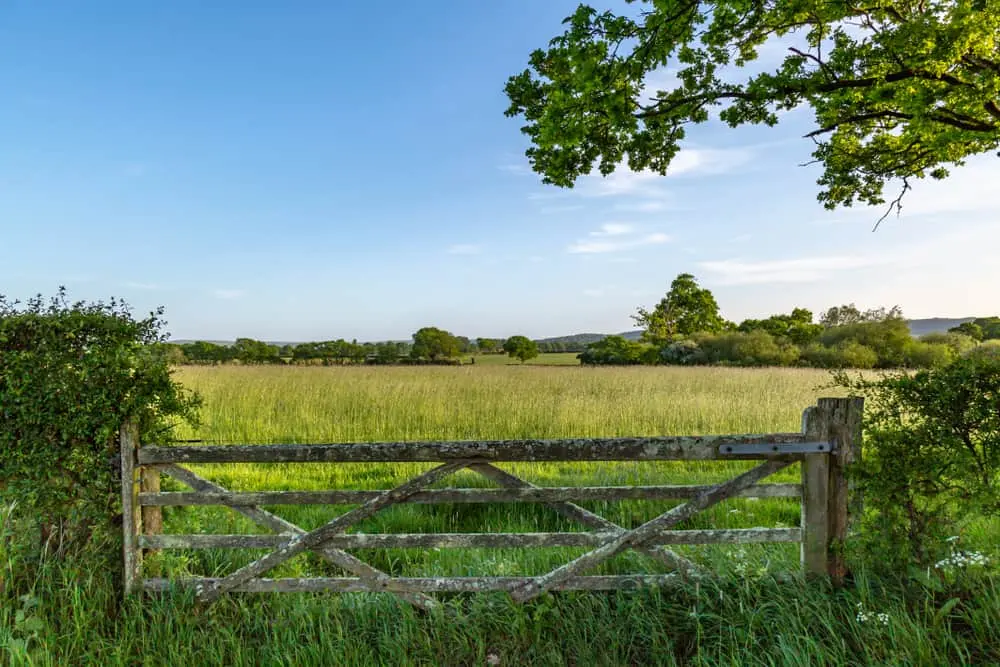
Under the Occupiers Liability Act 1957, landowners can be held liable to third parties for death, injury or property on their land. Read on to find out more in our occupiers liability guide.

As an executor, you face a range of risks when administering an estate. This guide will explain what these risks are, how some of these risks can be transfered to an insurance policy. It will explain the insurance products you can buy and at what stage of the estate administration process.
Executor Insurance can feel complex but don't worry, this guide will walk you through your options.

As an executor, you face a range of risks when administering an estate. This guide will explain what these risks are, how some of these risks can be transfered to an Early Distribution Insurance policy. It also will explain the other insurance products you can buy and at what stage of the estate administration process.

All Insuristic property insurance policy holders can benefit from the support of an inhouse claims team, providing by SJL Insurance. This short guide explains the process of making a property claim and the number you need to call.
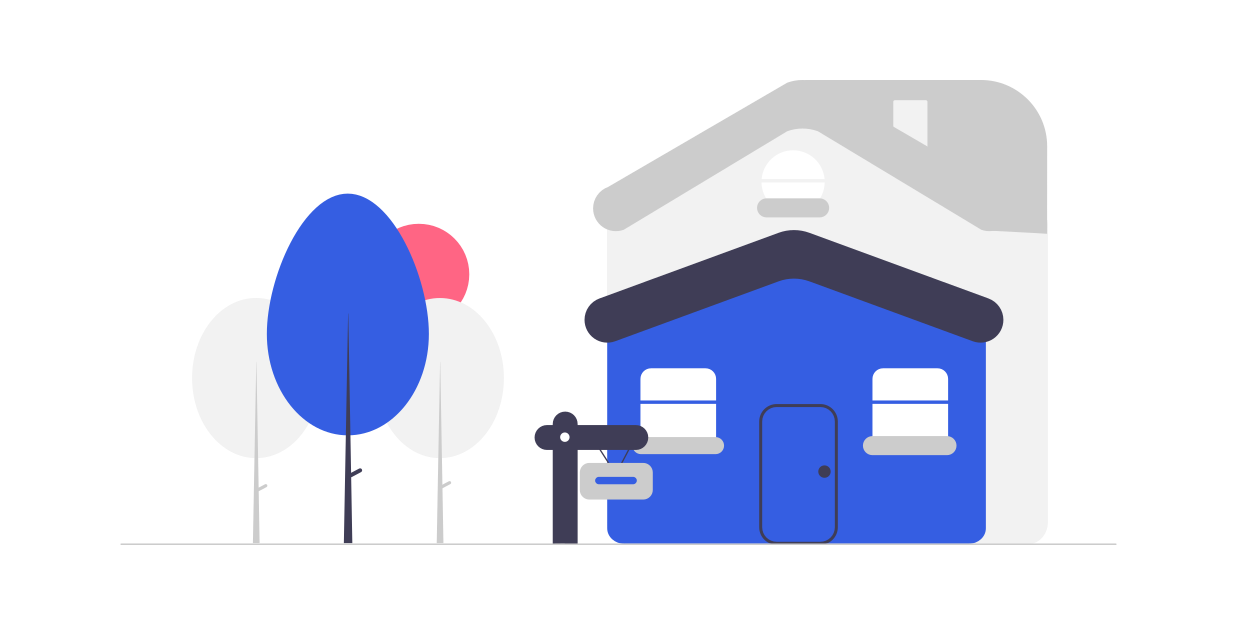
This is an extensive guide on what is involved in arranging a house valuation for probate and preparing for sale. You will also learn how to increase the value of the property, without any up front investment.
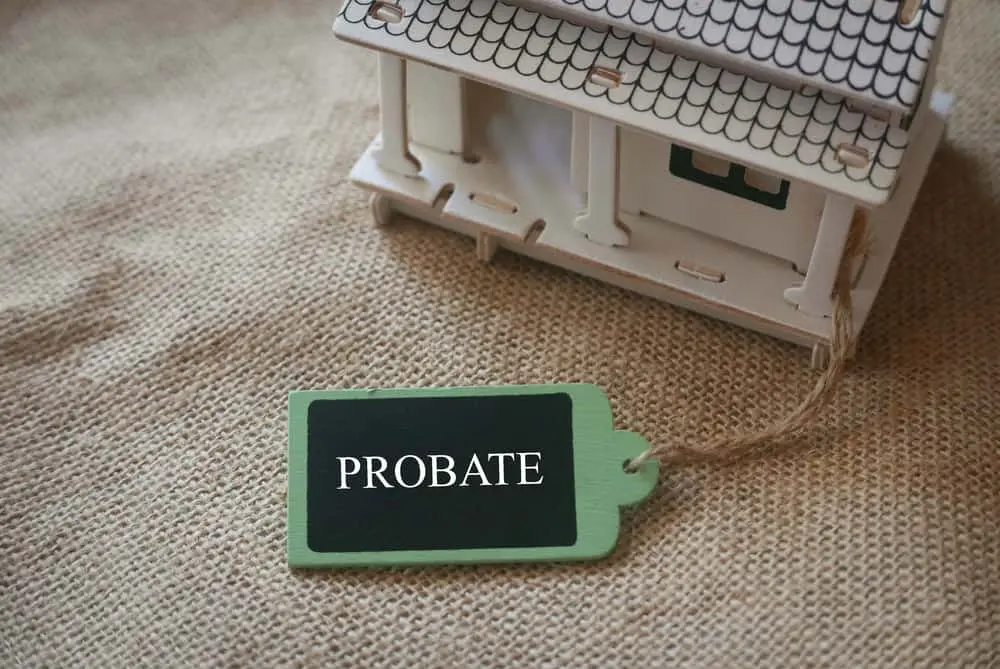
This is an extensive guide, covering the probate process. It was written by The Probate Department and has been provided to help our client understand what is involved.

Insuristic Limited is an Appointed Representative of SJL (Worcester) Ltd, who are authorised and regulated by the Financial Conduct Authority with the reference number 763599. This can be checked by visiting https://register.fca.org.uk/s/.
Registered Office: Unit 2, 262 Walsall Road, Cannock, England, WS11 0JL. Registered in England and Wales No: 13926650.
Insuristic is a registered trademark. ©Copyright 2023 Insuristic Limited. All Rights Reserved.
Please Note: Our broking team at SJL Insurance will need to talk to you to discuss your requirements. This is an advised service.
Please Note: Our broking team at SJL Insurance will need to talk to you to discuss your requirements. This is an advised service.
Please Note: Our broking team at SJL Insurance will need to talk to you to discuss your requirements. This is an advised service.
Please Note: Our broking team at SJL Insurance will need to talk to you to discuss your requirements. This is an advised service.
Please Note: Our broking team at SJL Insurance will need to talk to you to discuss your requirements. This is an advised service.
Please Note: Our broking team at SJL Insurance will need to talk to you to discuss your requirements. This is an advised service.
Please Note: Our broking team at SJL Insurance will need to talk to you to discuss your requirements. This is an advised service.